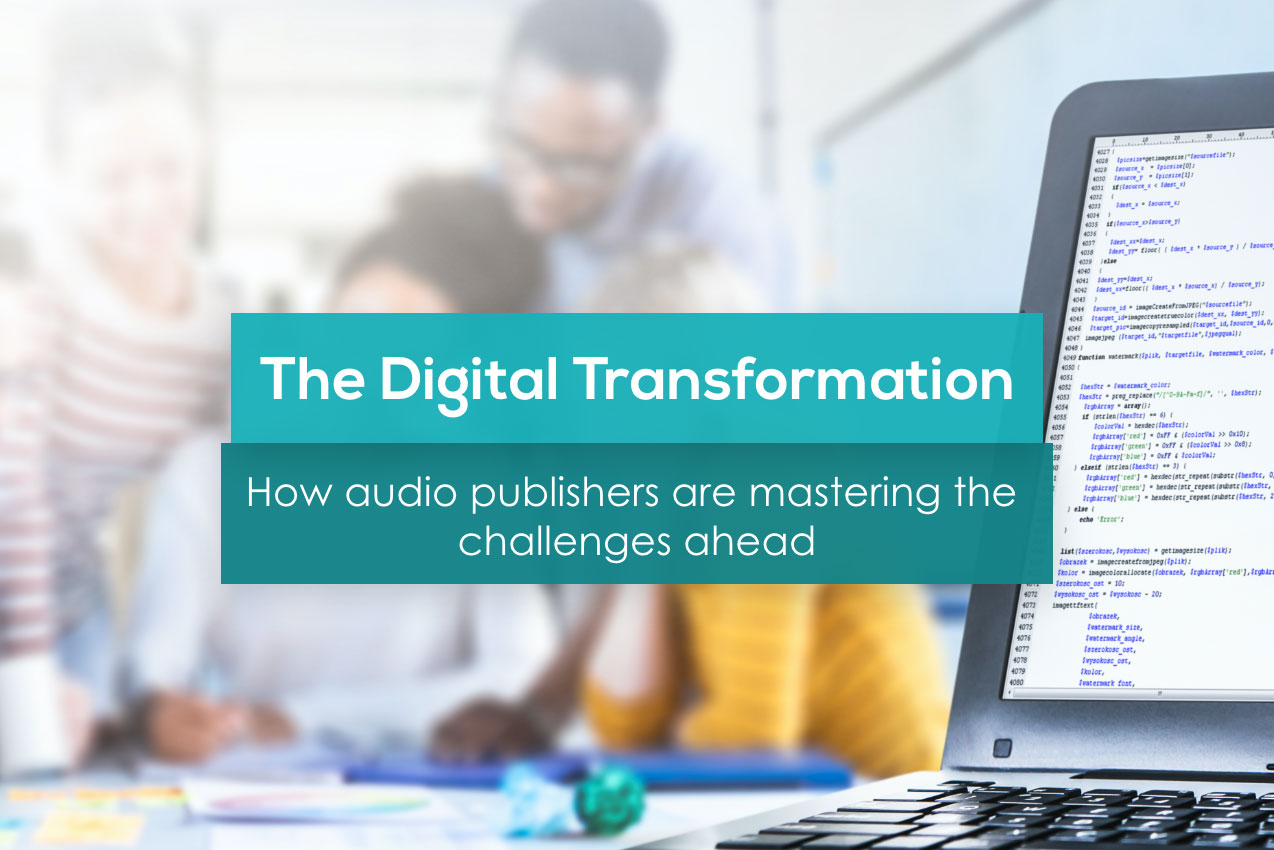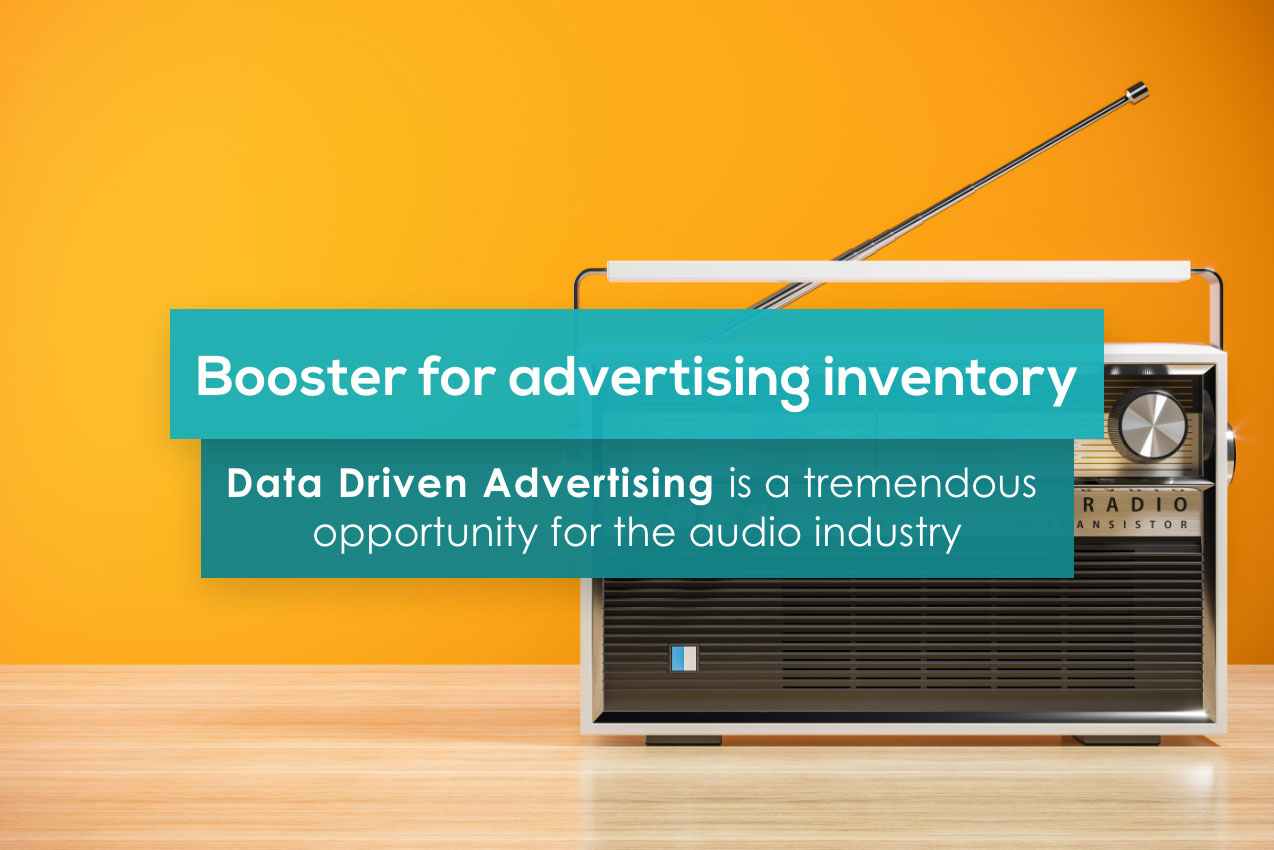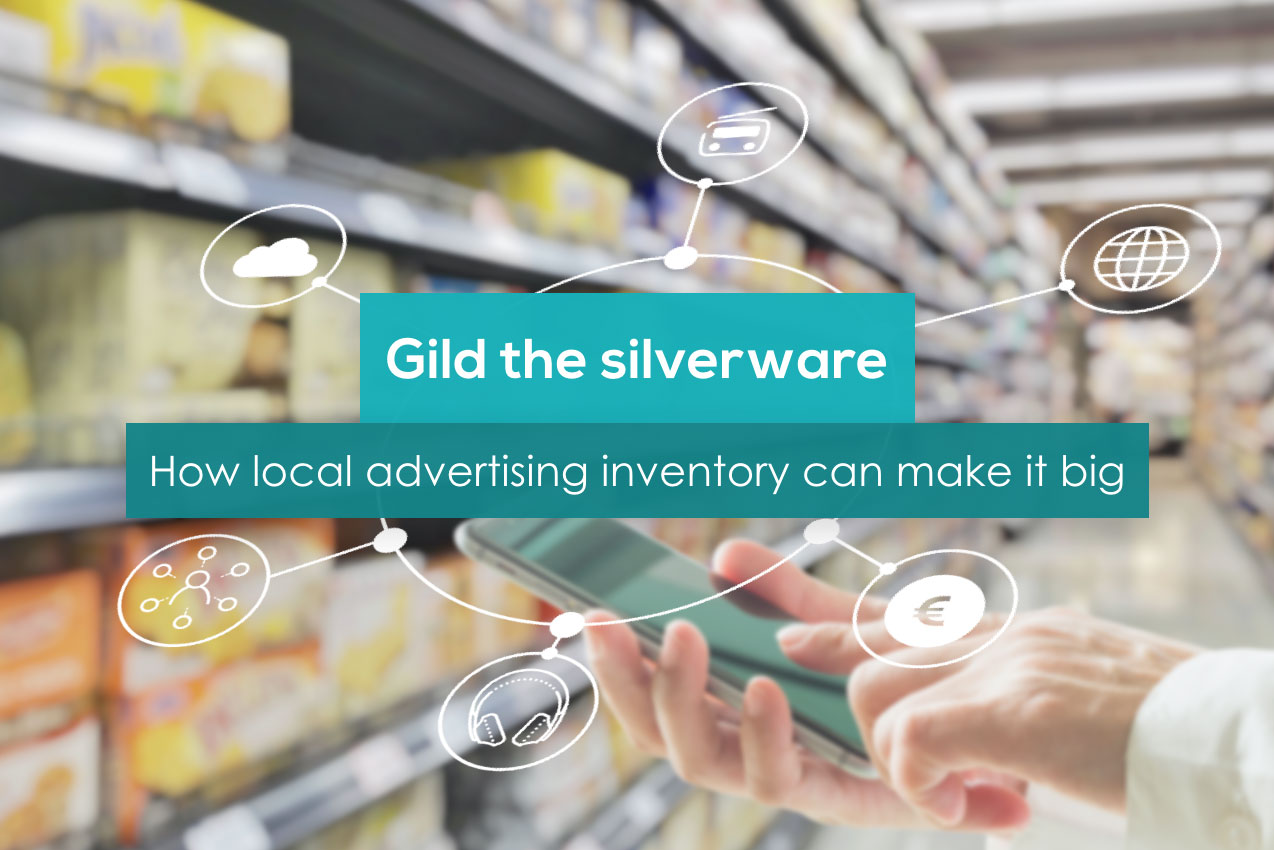© aprile consulting GmbH/stock.adobe.com/REDPIXEL/#312518640
The digital transformation of business, of our entire lives and times, is already well underway. Digital shopping, dating, conferencing, coordinating, learning, booking appointments, listening to podcasts, streaming films and so much more – all this is a normal part of our everyday lives.
Users, or rather customers, are used to getting where they want to go with just a few mouse-clicks. They have no idea what complex transformation processes go on behind the scenes, or rather, what the various companies had to do and still have to do to offer all the services and still do business efficiently. But specifically, because everything has become so fast and so simple thanks to digitization, the pressure is building on industries and sectors that are not yet or not fully transformed. Take online sick leave slips, for example. Until recently, inconceivable and then controversial, they became standard practice virtually overnight during the pandemic as well as a sought-after technology. Conversely, businesses, for example, that still did not have an online shop, were at a particular disadvantage during the lockdowns. But even without this extreme situation, I bet you almost anything that companies that can't or don't want to keep pace with the digital transformation will not survive.
When we talk about digital transformation or often even about "Industry 4.0", it is not something that is far off or that just might show up someday. We are already smack-dab in the middle of it. And the question is not whether one wants to push for digital change in one's company, but how? ob man den digitalen Wandel im eigenen Unternehmen forcieren will, sondern wie?
However, I'm not interested in talking about shops and medicine. That should be no surprise. But I do want to talk to you about the audio industry. And I don't want to talk about new consumer wishes and demands, or what listeners want. I do want to talk about the need for and the opportunities of digital transformation within audio companies as well as in their B2B relationships.
The movers and shakers of the audio industry – both marketers as well as agencies and publishers – have already digitized many areas. Others, however, relevant to competition and sales have not been by any means. Let's look at a private local station "Radio Somewhere", for example. They've been using software systems forever that are more or less connected to each other. For example, a broadcasting system (or radio automation), a traffic and billing system, an email system and others. The question is whether these digitized processes are running optimally and whether they are up to the challenges they will face on the market in the future. The focus is thus not on individual systems in and of themselves, but on their "Networking and Cooperation". It is not their respective features and functions that are decisive, but rather the orchestrated mapping of efficient (digital) workflows.
Moreover, the digital transformation is lagging behind in one area that is existential for private radio stations: advertising, or, more specifically, selling advertising slots. It is not so much about internal processes that have been supported by software systems for years, but rather the modern connection of the market "out there". While the media consultant of "Radio Somewhere" has contacted "Car Dealership Anywhere" for what feels like the 100th time to sell another slot, Facebook and co. have earned additional millions with automatically generated, situation-specific and electronically traded advertising banners.
Other opportunities are also missed out on due to a lack of digitization. For example, producing audio content from a decentralized location and affordably, exchanging and/or selling audio content electronically with partner stations and using it multiple times lucratively: in radio, in podcasts and streaming services, on social media, etc. This is one way of tapping into new sources of income – largely fully automatic and cost efficiently. Large audio companies are not much better in this respect than our fictitious local station Somewhere. I see this every day. We still have a long way to go in this respect.
And that brings me to my next topic: How can you push digital transformation in your own company? How can the opportunities that digitization offers companies in the audio industry be put to use to develop and test new digital-based business models?
Most people understand that complex processes and work sequences can only function with the help of digital technologies and automation, for example, finding the right advertising spots among millions and broadcasting them at the right time and the right place within seconds. Just as many, however, underestimate how complicated it is to translate simpler workflows like dynamic booking and price negotiations for an advertising slot or the approval process for audio content (advertising spots) into digital processes.
The honest truth? Because most companies do not have a specific digitization plan, because the complexity of their processes and consequently the effort of the digital transformation is underestimated, because they believe or would like to believe their own staff would be able to handle the digital transformation in addition to their normal jobs, many initiatives run out of steam halfway through.
According to a study by the Project Management Institute (PMI), these are the reasons why up to 14% of all IT projects fail – depending on the branch. Numerous others fail to completely reach the targets they've set, overshoot their deadlines or overrun their budgets.
Who would ever build a new office building using their own personnel instead of bringing in external specialists, specifically architects, structural engineers, construction companies etc.? Who would do such a thing? No one! Why then, I ask you, do people come up with the idea of letting a sophisticated electronic "construction project" run by itself? Using available staff with no additional resources and expert knowledge? That's not just risky. In my experience, problems, delays and failure of these kinds of "small and easy projects" are preprogrammed more often than not.
This is the reason why I urgently recommend the movers and shakers in the audio industry to bring in expertise and resources from the outside, to bring in consultants and to seek help in managing and supporting the digital transformation process professionally.
I know, I know. Consultants have been getting a bad rap because they seemingly got out of control on the political stage, but this is naturally not true for all of them. There are several advantages to an external consultancy, provided, of course, it is a team specializing in the audio industry and information technologies: It is a team not blinded by routine. It brings experience from similar projects at other companies to the table and, last but not least, it is as familiar with the audio market as it is with IT development.
Digital transformation is an ongoing process that can and must be broken down into steps, individual projects and intermediate targets. Existing personnel is already busy with everyday tasks in lean structures. This is important because it is the everyday that secures today's business.
Projects, however, are designed to secure the business of the future. And as stated: You need capacity, knowhow, time and focus, a realistic project schedule and an experienced project management team. This is why I urgently recommend bringing in professional external support. It is a – predictable – investment that is worth making!
3 good reasons why audio publishers should bring external consultants/project managers on board for the digital transformation:
- A company specializing in consulting and project management knows what´s happening on the market and how it will most likely develop. It knows the fine points of the industry and what the competition is doing, what the new ideas are and how problems can be solved. Everything starts with an exchange. It is not the function of a consulting firm to tell audio publishers how to do their jobs, but to show them what they can do.
- Once an audio publisher has set a certain target or decided on a new business model, the consulting firm undertakes the foundational planning and ensures the project is tightly controlled, runs parallel to daily business and does not stress the customer's structures. The external firm is responsible for the project's success.
- Every project has a beginning and an end and a defined scope that can be budgeted accurately. It is in the interest of the external consulting firm to do everything in its power to make sure the project runs to plan and concluded successfully. The best guarantee for the audio publisher to make real progress also in the digital transformation.
Yours, Nico Aprile
Read more about our authors Authors.
You might be interested in these posts



